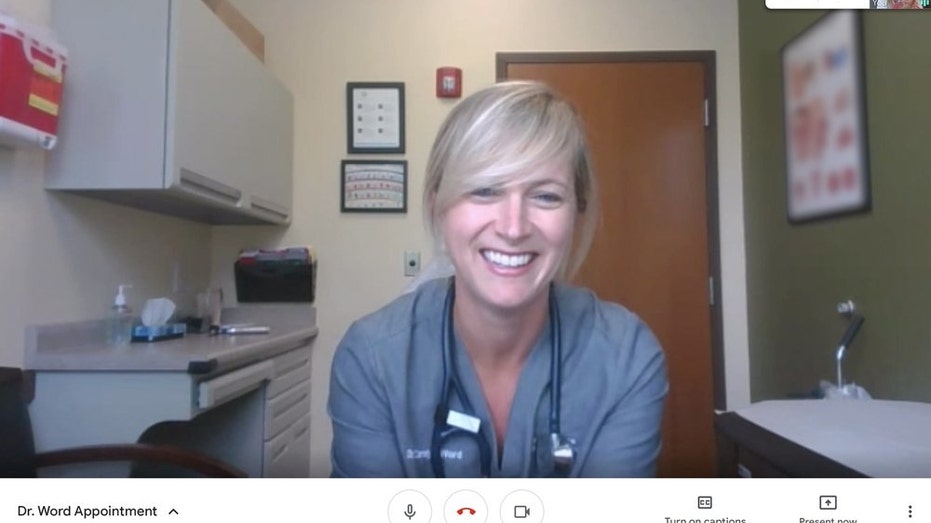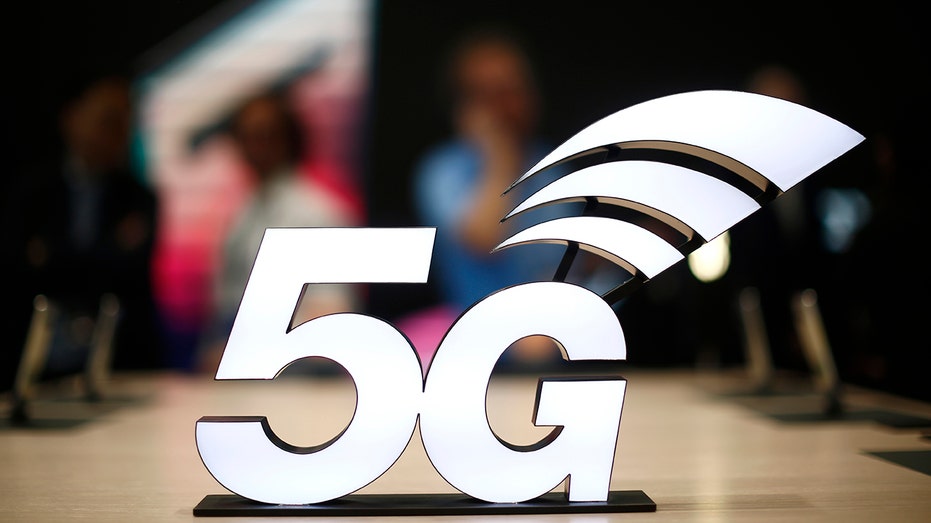Will 5G benefit the health care industry?
Better access to telemedicine for people in rural areas is one benefit, expert says
Fifth-generation, or 5G, wireless technology is expected to have a significant and positive impact on the health care industry in the near future.
Technology like video conferencing apps are being used to connect hospital patients with friends and family during the coronavirus crisis using 4G wireless, and those capabilities will continue to develop with 5G, which is a faster and more reliable form of wireless service that countries around the world are rapidly adopting.
One way 5G will change health care technology is by offering a better connection to the internet throughout hospitals and health clinics. Large buildings and campuses connected to one wireless network can experience service issues in different areas, causing communication errors. Since 5G uses higher radiofrequency and antennas that are built closer to buildings than cell towers, this technology will meet demand for rapid service throughout buildings or campuses.
On a more advanced level, 5G will enhance data-collecting capabilities because it will be easier for health care workers to download and share larger files, workers will be able to store more data on cloud services, and remote and virtual patient care will be more reliable with faster connections, especially in rural areas.

Google Meet telehealth call / Google blog
"5G has the potential to unlock new connections between patients and health services," Evan Kohn, chief business officer of artificial intelligence (AI) customer service solution Pypestream, told FOX Business. "Implementing 5G in rural areas, some of which are still relying on dial-up, will allow patients better access to telemedicine."
HOW WILL 5G IMPACT US AGRICULTURE?
5G will also support AI tools that will make it easier for health care workers to communicate with patients and speed up patient trajectories and diagnoses.
He added that using 5G telehealth services could offer "[high-resolution] face-to-face video interviews with doctors" or "automated and AI-driven messaging experiences that may have originally required an in-person visit or a phone call."
"Previously, patients would have gone through the process of scheduling an appointment in advance, waiting for the visit and hoping the doctor has the right answers. Now, 5G paves the way for instant healthcare coverage, providing a clear connection and accessibility for more people than ever before," Kohn said.
ANTI-5G GROUP PLANS GLOBAL PROTEST
Battery life, general accessibility and visual graphics, including those used for augmented reality used for staff education and training, will also improve with 5G wireless.

This Feb. 25, 2019 file photo shows a banner of the 5G network is displayed during the Mobile World Congress wireless show, in Barcelona, Spain. The U.S.(AP Photo/Manu Fernandez, File)
"Ultimately, 5G will improve accessibility, quality of coverage and convenience. Much of that has to do with enhanced patient experiences," Kohn said. "Service providers will connect more easily with remote patients, allowing for immediate access augmented by reliable automation."
5G will also make it easier for patients and doctors to optimize the insurance processes, "avoiding additional unnecessary steps and accelerating workflows," Koh added. "For example, e-signature capabilities can be provided within conversational AI experiences and 5G-powered automation can answer health questions securely, quickly and accurately, easing the strain on providers while patients gain access to instant service."
GET FOX BUSINESS ON THE GO BY CLICKING HERE
The Trump administration and Federal Communications Commission have dedicated billions of dollars toward building up the United States' 5G infrastructure.
"It will make American farms more productive, American manufacturing more competitive and American health care better and more accessible," the president said in April of last year.
Veterans Affairs Secretary Robert Wilkie announced in February that a VA hospital in Palo Alto, California, became the United States' first-ever 5G-capable hospital, according to health news website Healthcare Dive.
"What 5G will deliver is richer, more detailed three-dimensional images of patients' anatomy. The resolution is so clear and consistent that it will give us reliable means of delivering telesurgery services to veterans across the nation," Wilkie said at the time, according to Healthcare Dive. "That means we will have the capacity to allow VA's best physicians to consult during surgery even if they are not in the same room, or are halfway across the country."




















